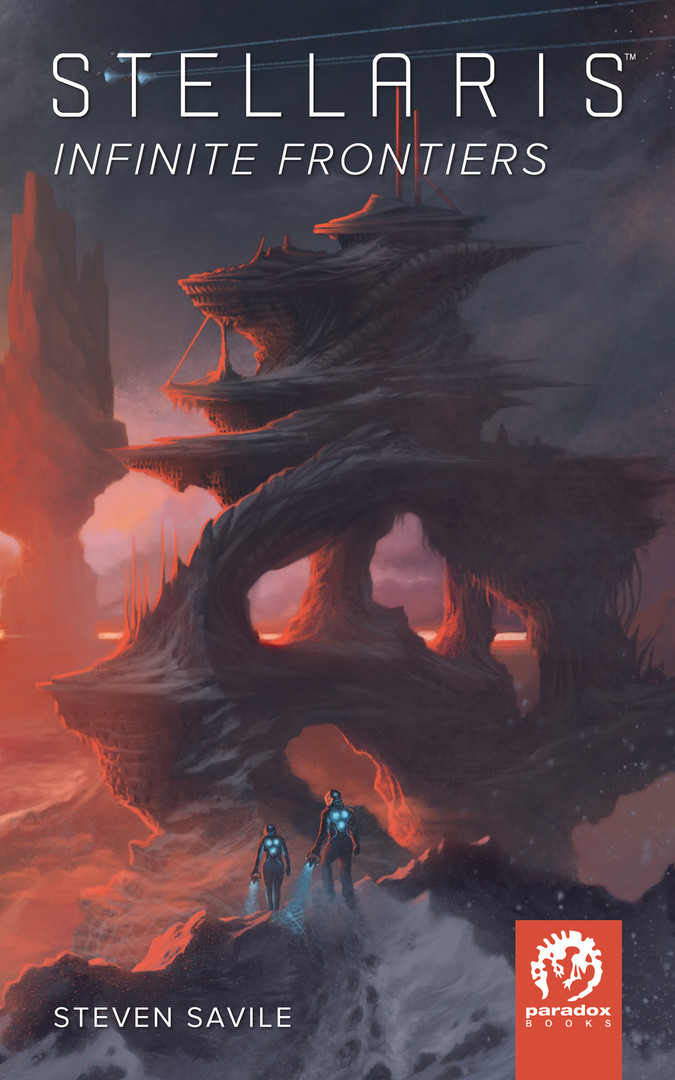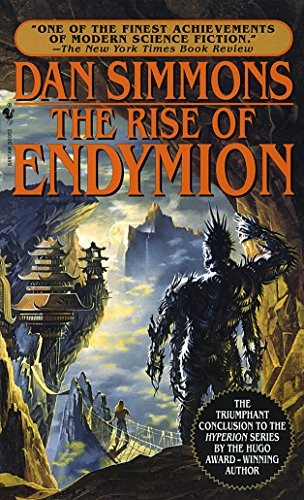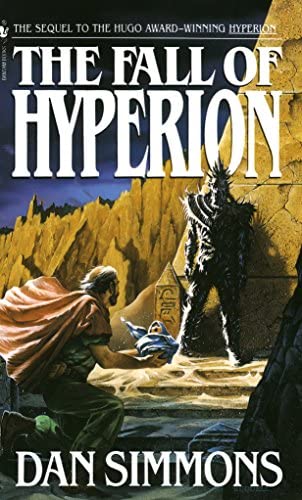Adam reviewed Stellaris: Infinite Frontiers by Steven Savile
Not bad but not amazing
3 stars
Rather light reading, probably targeting a wider audience. The main story was ok, with some cheap tricks to grab your attention early on. Phrases like "If only they hadn't..." and "They were the lucky ones..." are used frequently which to me felt more like spoiling the surprise than anything else.
Some characters develop pretty far but sometimes this is very sudden and hard to accept. The book is loosely based on the computer game, but this is mainly by mentioning some tech here, and some civilizations there.
A large portion of the environmental description focuses on describing what seems like misunderstood concepts in astrophysics. While that doesn't necessarily mean poor sci-fi, this book gave me the impression that the author skimmed through some out-dated low quality popular science magazine as the background research.
All in all and ok read.



